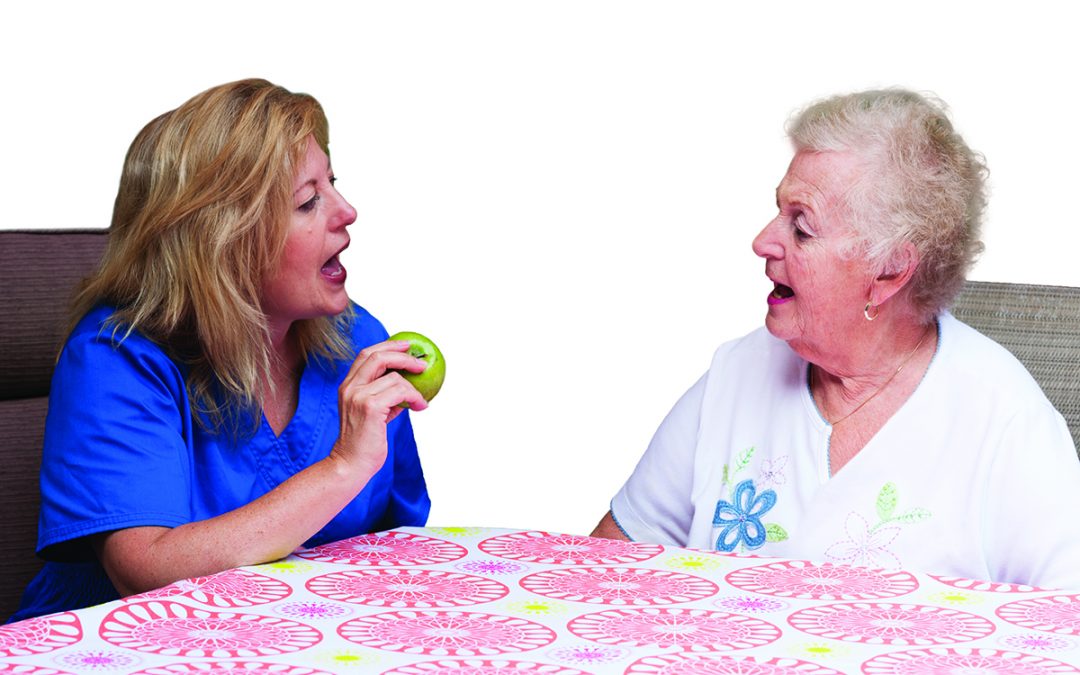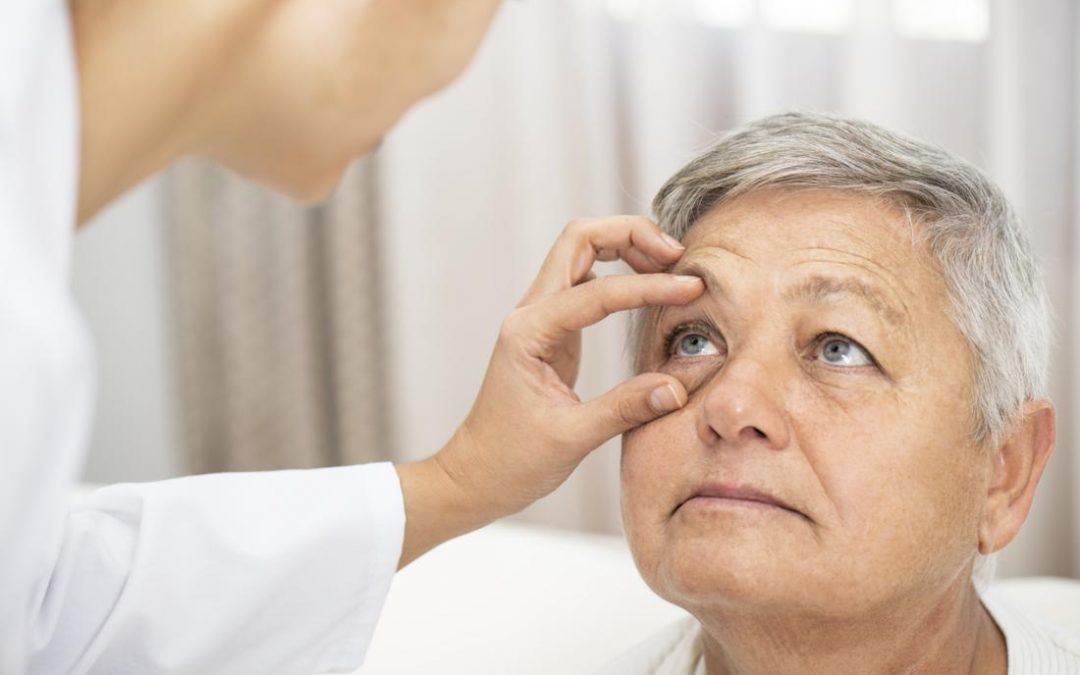
5 Common Health Risks of a Bedridden Patient
The patients who are confined to a bed for a long period of time become vulnerable to various health risks. Fortunately, these health risks can be avoided with an experienced aide by their side. If someone you love has been bound to the bed, make sure to keep an eye out for these health risks so you can keep the safe:
1. Sleep Problems
We can all understand how a lack of proper sleep affects us. While it is a rare occurrence when we are healthy, it is quite common in bedbound patients. Most of the time, the condition of the bedbound patient limits their movement. The uncomfortable position affects their sleep as well as their physical and emotional health. They constantly require someone with them to help them move comfortably.
2. Bedsores
Remaining on the bed in the same position for a long time can create bedsores. Because the bed is always in contact with one side of the body, it reduces the adequate amount of blood supply to that side and causes sores. Fortunately, this condition is preventable. Advanced medical care and an experienced homecare aide helps the patients reposition frequently and avoid these bed sores.
3. Constipation
Constipation is another health condition that threatens the health of bedbound patients. It occurs because of low fluid intake, lack of mobility and decreased movement of digestive tracks. Again, common healthcare knowledge can save the bedbound patients fromconstipation. Regular fluid intake, warm food, regular toilet routine, and other care tips regulate proper digestion.
4. Muscle Deformity
Sleeping and resting definitely play a huge role in healing, but only up to a certain point. A human body is meant to move,work and stay active. Limited movements cause stiffness in the joints, which then leads to deformity. It can be avoided by ensuring frequent and passive movements of the joints.
5. Depression
Depression is a common health risk that comes with sickness. However, in bedridden patients, the chances of getting depressed are even more. One fixed view, the feeling of incapacitation, lack of control, lack of purpose, confinement within four walls are just some of the reasons that depress the patients.
These patients require someone who understands their struggles and comes up with solutions to keep them lively. A new view, cheerful décor, connection with the outside world, constant communication with the loved ones are some of the ways through which we can prevent depression in bedriddenpatients.
Most of these patients won’t voice their pain; hence, you have to be vigilant to provide the utmost comfort.










